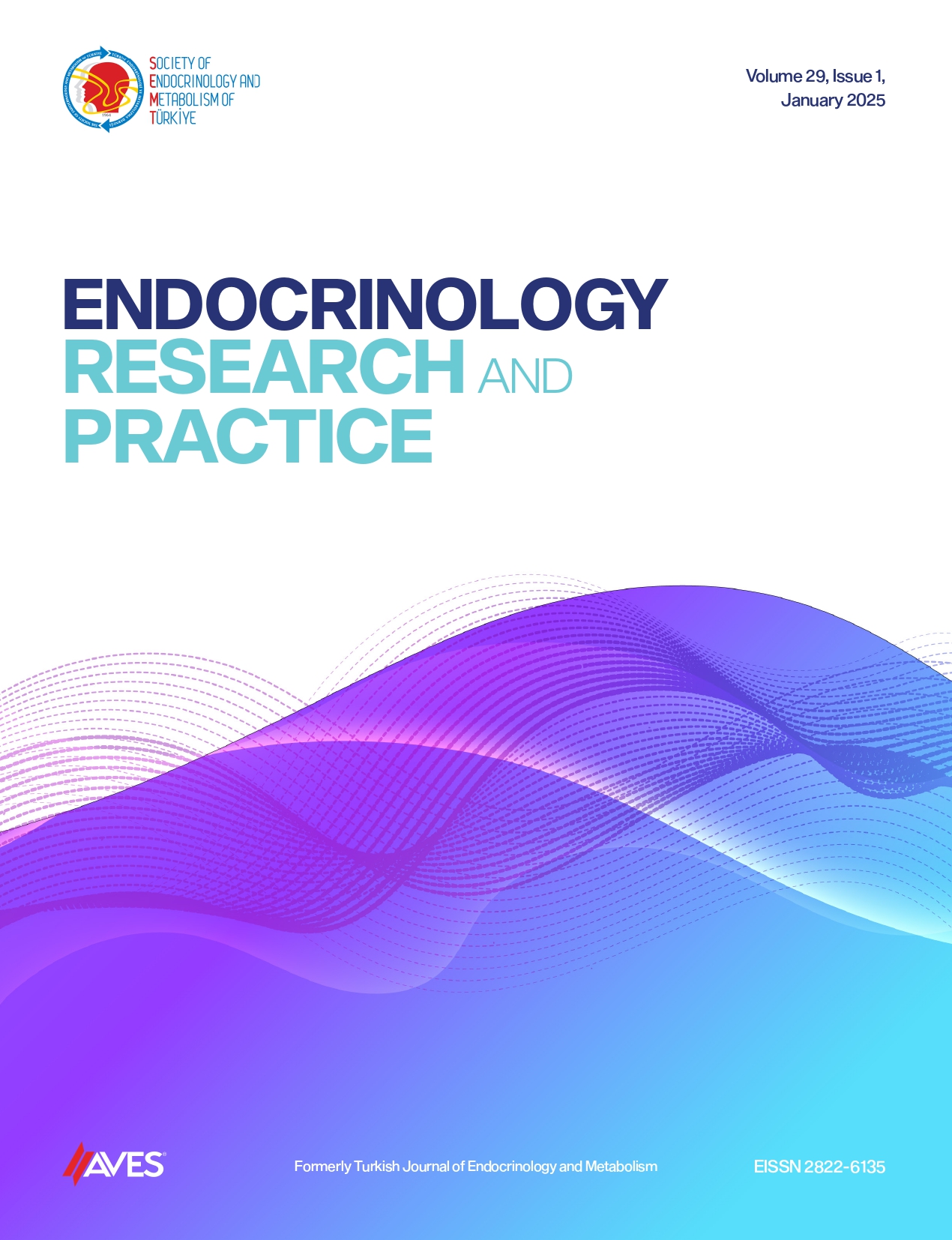Abstract
Growth hormone deficiency (GHD) is the most frequently occurring pituitary hormone deficiency. Lesions in the hypothalamo-pituitary region and their treatment, pituitary apoplexy, empty sella, Sheehan’s syndrome, traumatic brain injury, infective, autoimmune, infiltrative, and genetic causes may contribute to the development of GHD. Diagnosis of GHD relies on serum insulin-like growth factor-1 (IGF-1) levels, which may be low based on age/gender reference levels. Insulin-like growth factor-1 may not be diagnostic alone, and stimulation tests may be needed. The insulin tolerance test is considered the gold standard, with the growth hormone-releasing hormone-arginine test and the glucagon stimulation test as primary alternatives. Recently, a novel test with high diagnostic accuracy, macimorelin, an oral growth hormone (GH) secretagogue receptor agonist and ghrelin-mimetic, has been used. Adult GHD does not have pathognomonic clinical features. Decreased energy, reduced quality of life, depressive mood, increased fat mass, dry skin, osteoporosis, hypertension, dysglycemia, dyslipidemia, and increased cardiovascular risks are the most commonly reported findings, which are all may be seen in several diseases. Recombinant human GH is an effective and safe treatment, beneficial for body composition, bone, lipid profile, and quality of life, but it is costly, and not all patients with GHD may require treatment. If there is no benefit after 6-12 months of treatment, it may be discontinued. The best follow-up parameters for GH treatment are clinical response and serum IGF-1 levels, which should be kept within the mid-normal range, adjusted for age and gender. In this review, we extensively discussed GHD in adults with current data.
Cite this article as: Urhan E, Unluhizarci K, Kelestimur F. Growth hormone deficiency in adults. Endocrinol Res Pract. Published online November 18, 2024. doi 10.5152/ erp.2024.24539

-1(1).png)

.png)
.png)